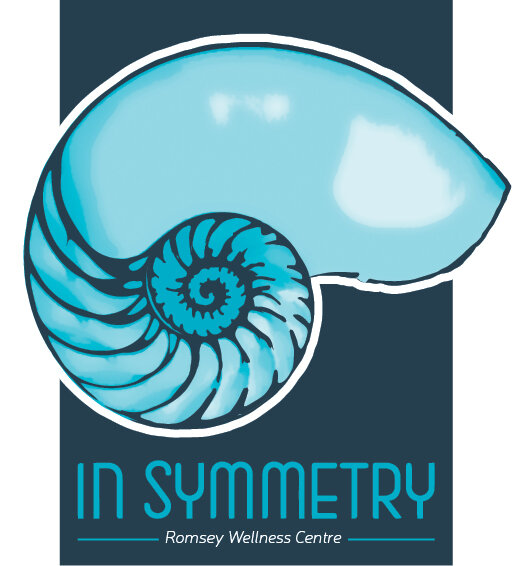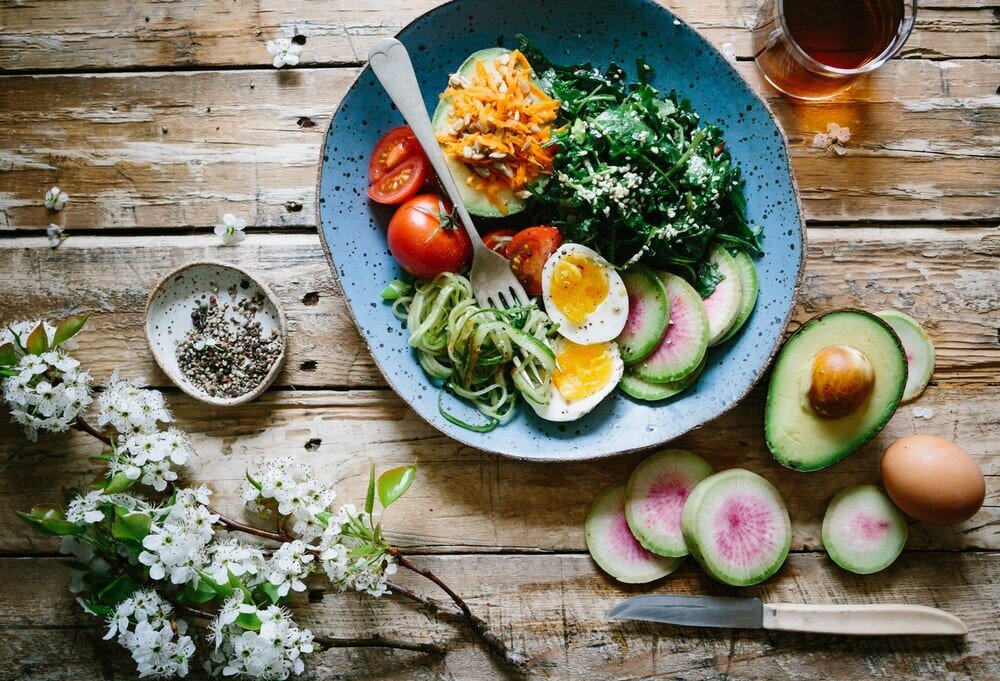MINDFUL EATING IN A TIME OF COVID-19
Written by Nicolette Truscott – Acupuncturist / Chinese Medicine Practitioner
Here in Victoria we are collectively experiencing a somewhat unprecedented time during this COVID-19 pandemic. Lockdowns, curfews, masks and restrictions have, for most of us, translated to an increase in a variety of stressors that we are having to navigate for the first time. These include work and home instability, a general feeling of insecurity within our social fabric, feelings of isolation and a loss of personal freedom, a lack of control and an over-riding general frustration and sadness at the state of the world to name a few.
In clinic I have noticed this translated into a very common complaint voiced by the overwhelming majority of the clients I interact with recently; one of guilt and concern over self-described ‘unhealthy eating patterns’ brought on as a reaction to these stressors, and the subsequent digestive, weight related and self-esteem issues that this can raise.
If you are feeling the temptation to fill the emotional voids left from the absence of hugs and physical touch through food as a coping mechanism you are not alone. And, as a lot of us are working from home, our fridges have also never been closer! However, the instant gratification that the whole block of chocolate provides us soon gives way to regret and consequence….
Enter Mindful Eating
You may have heard of mindfulness as a buzz word and just shrugged it off. But mindfulness can be an effective tool to help us through stressful periods and in general enrich our lives.
Mindful eating is a practice to help combat unhelpful eating behaviour by bring attention to our food and the sensations around eating in order for us to have a fuller appreciation and understanding of our digestion and our personal relationships with food.
Learning to listen to your body: Are you actually hungry or just thirsty? Or bored? Or stressed out?
Would you benefit from food now or is your body requesting something else?
Do you need physical or psychological nourishment?
Often what the body is requesting is different from what we have programmed ourselves to give it. Learning to recognise the signals the body is giving us will help to nourish us with what we truly need
Slow down and be with your food with every chew:
When we slow down our eating we can better recognise when our body sends the ‘full’ signal. This decreases our chances of overeating and dealing with the potential bloating and discomfort afterwards.
There are some recommendations to chew a piece of food 32 times before swallowing it. Whilst the exact number is debateable and food type dependant, chewing your food properly has many benefits including:
Enabling adequate release of digestives enzymes to help break down food
Reducing stress on the oesophagus and stomach as the food moving thorough is smaller in size.
Reducing the risk of food stagnating in your digestive track which can lead to bacterial overgrowth and consequent indigestion, bloating and constipation
It is important to eliminate distractions when we eat to focus on the food. The act of eating should be just about that, so move your meals away from your screens and desks.
When we multitask during meals, we don’t have the opportunity to really even enjoy the food before it disappears! Being more mindful allows for the opportunity for a greater appreciation of your food.
Regular eating Food digestion relies on Spleen Qi from a Chinese medicine perspective. To support this process, eating moderate meals over the course of the day is the best way to not overload the system.
According to the Chinese medicine clock, digestion is strongest in the morning and weakest overnight. This falls in line with the old saying “Breakfast like a king, lunch like a prince, dinner like a pauper”, indicating it is best to have your biggest meals in the morning and smallest at night. It is desirable to leave a good period of time overnight for the digestion system to rest, so it is ideal to stop eating after 7pm.
You can find more information about digestion from a Chinese Medicine perspective here:https://insymmetry.com.au/traditional-chinese-medicine-a-brief-dietary-perspective/
Leave the guilt behind: If you are feeling bad about what you are eating your chances of overeating is higher. Guilt does not help your digestion or mental health any, so leave it behind. Part of the reason the Mediterranean diet works so well, aside from being high is good fats and fresh vegetables, is that culturally there is joy in eating. If you are going to eat the cake, you may as well enjoy it!
Eat to sustain you: Mindful eating gives you the opportunity to notice the effects that the food you are eating is having on your physical and emotional state. With so many different diets and food choices we are blessed to have in our society, finding the one that suits you is just a mindfulness moment away. When we pay attention to what we are eating and how our body responds, we can find the foods that fill us with energy, vitality and life and those that drain that away. This in turn can help us have a more fulfilling life and have the mental and physical strength to weather these challenges we face.
In Symmetry has many practitioners of different modalities to support you both physically and emotionally during this time. We encourage you to reach out if you need us and we will assist however we can. You can book an appointment by calling the clinic on (03) 5429 3610 or book online by clicking the link below.
If you are struggling during this time LIFELINE is always there 24/7 for those who need help: 13 11 14



